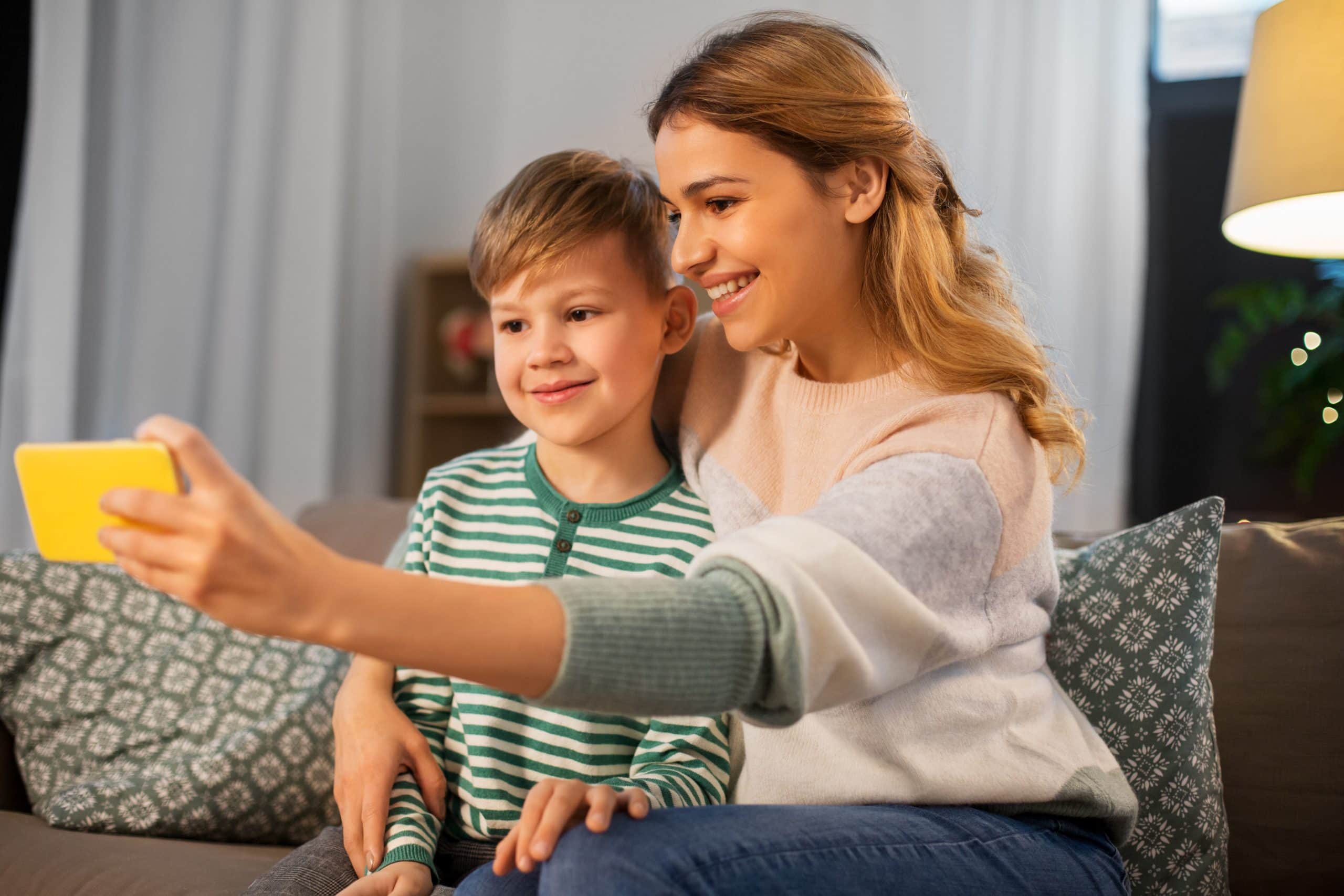COVID-19 and Parenting Arrangements
DIFFERENT PARENTING APPROACHES
Children benefit from routine, structure and consistency.
Therefore, in the wake of the coronavirus (COVID-19), parents should consider implementing consistent messages, educational practices and hygiene practices between households to the best of their abilities. Any agreements you reach surrounding COVID-19 should be in writing and may later be used to update a parenting agreement or consent orders for future health emergencies.
WITHHOLDING PARENTING TIME
The Australian government has not yet mandated an absolute lockdown (quarantine). There are specific quarantine rules (see below) you and your children will need to follow. Although there is substantial guidance on social distancing and preparing for a possible quarantine, at this point you would not likely be justified in withholding parenting time unless complying with specific self-quarantine requirements.
If you do withhold a child, the other parent may make an application to court to contravene you. If you are of the view that there are compelling reasons for the child to be withheld, you should obtain legal advice about your specific circumstances.
If you and the other parent agree that your child/ children remain with one parent for a period of time and that agreement differs from your current parenting orders, consent orders or parenting plan, then you should ensure that any agreement is confirmed in writing (e.g. in an email or text message). The written agreement should clearly state the agreed timeframe (e.g. for a period of two weeks) and specify if any make-up-time arrangements will apply.
SCHOOLING
As long as schools are open, healthy children who have not been asked to self-quarantine should attend unless parents have a reasonable excuse for keeping them home. A reasonable excuse may include medical advice about a specific risk to a vulnerable family member. In such cases, it is sensible to get a letter from a doctor that covers the child’s absence from school. The Education (General Provisions) Act 2006 (Qld) also protects parents from being fined for failing to send their child to school in the event that the child is prevented from attending because the child, or a group of people they are part of (overseas returnees for example), is subject to a lawful direction, declaration or requirement about a contagious illness (s 202 Education (General Provisions) Act 2006 (Qld)).
Parents of children with more complex educational needs should be communicating with their child’s school as soon as possible about the provisions being made for their child in the event the child’s school closes for a period of time. Parents of children with health concerns need to speak to their healthcare provider about making the right choices for their child and family. Any children who are home from school must be properly supervised and cared for. It is an offence to leave a child under the age of 12 alone without reasonable provision for their supervision and care (s 364A Criminal Code 1899 (Qld)).
WILL I BE ABLE TO GET AN URGENT COURT HEARING TO DEAL WITH ANY DISPUTES?
At this stage the Federal Circuit Court of Australia and the Family Court of Australia have implemented urgent operational arrangements. Judges will be prioritising urgent matters. The judges will decide what is and is not urgent. It is important for you to obtain legal advice before considering making an urgent application to court. It is also important to note that any existing court matters may be adjourned and may be heard by telephone at this time. If you have a current matter before the court, there may be changes to upcoming court dates for your matter. You may also be asked to appear by telephone.
TRAVEL
There is currently a travel ban. If the travel ban is lifted and you still have concerns about interstate or international travel, and if your parenting orders stipulate there must be consent, you can exercise your right to withhold consent. If your parenting plan does not require consent, but simply requires notice, you will need a court order before you can prevent the other parent from taking the child out of the country. Whether or not you can get a court order will likely depend on the location of travel and the level of risk of exposure to the virus. Science and data surrounding the coronavirus is still evolving and, although the guidance may change, knowingly exposing your child to the virus by taking them to a high-risk country may be sufficient grounds for a court order preventing the travel.
MEDICAL TREATMENT
If your parenting order or parenting agreement states that you and the other parent have equal shared parental responsibility, then you must both share decision making about medical treatment and also immunisation (if a vaccine is developed) for your child/ children. If you have no orders or agreement in place, then there is a presumption that both parents have equal shared parental responsibility. If you have a parenting order that states that you have sole parental responsibility, then you can solely make decisions about your child’s medical treatment. If you have equal shared parental responsibility and you take action without the agreement of the other parent then that parent may contravene you. If you are having difficulty reaching an agreement with the other parent, then you may wish to engage a mediator to assist you, or seek urgent advice from us. Phone (07) 3221 4300, to consider your options.
I CANNOT PAY CHILD SUPPORT BECAUSE OF REDUCED INCOME
You are still responsible for paying child support. If you find yourself in a bind, consider talking to the other parent to reach an amicable solution and, if you cannot work it out peacefully, you should contact the child support agency and seek independent legal advice where needed.
WHAT IS SELF-QUARANTINE?
You and/or your children may have recently received a notice from a government health department to self-quarantine. Self-quarantine is for people who are well but at risk of having the coronavirus. If you and/ or your children have been overseas, you need to self-quarantine for 14 days from the date you arrived in Australia. You must also self-quarantine if you have been in close contact with someone who already has the coronavirus.
Self-quarantine means staying in your home, hotel room or provided accommodation, and not leaving for the period you are required to quarantine. Do not allow visitors into the home. If self-quarantine directions are not followed, you may be subject to enforced quarantine and could receive fines of up to $13345 and other penalties.
If it is only you that has received a notice to self-quarantine, other members of the household including your children are not required to self-quarantine unless they meet one of the criteria for self-quarantine (above). If you develop symptoms and are suspected to have the virus, members of the household including your children will be classified as close contacts and will then need to self-quarantine.
WHAT IS CLOSE CONTACT?
Queensland Health defines close contacts as those who have had face-to-face contact with a confirmed case of COVID-19 for a period more than 15 minutes, or those who have shared an enclosed space with a confirmed case of the virus for more than two hours.
IS ISOLATION DIFFERENT TO SELF-QUARANTINE?
A diagnosis of COVID-19 triggers isolation. Isolation is used to separate you when you are ill from healthy persons. You may be in isolation at a hospital or at home. The term ‘self-isolation’ has been used interchangeably at times with ‘self-quarantine’. Social distancing means minimising social contact and may include self-quarantine measures. If you or your child is in isolation due to a diagnosis of COVID-19, you will need to follow the directions of Queensland Health.
NEED ADVICE?
For a fixed-cost no-obligation initial consultation contact Michael Lynch Family Lawyers by calling (07) 3221 4300 or emailing to law@mlynch.com.au.
Source: Caxton Legal Centre Inc, “COVID-19 and Family Law Issues”, APRIL 2020







